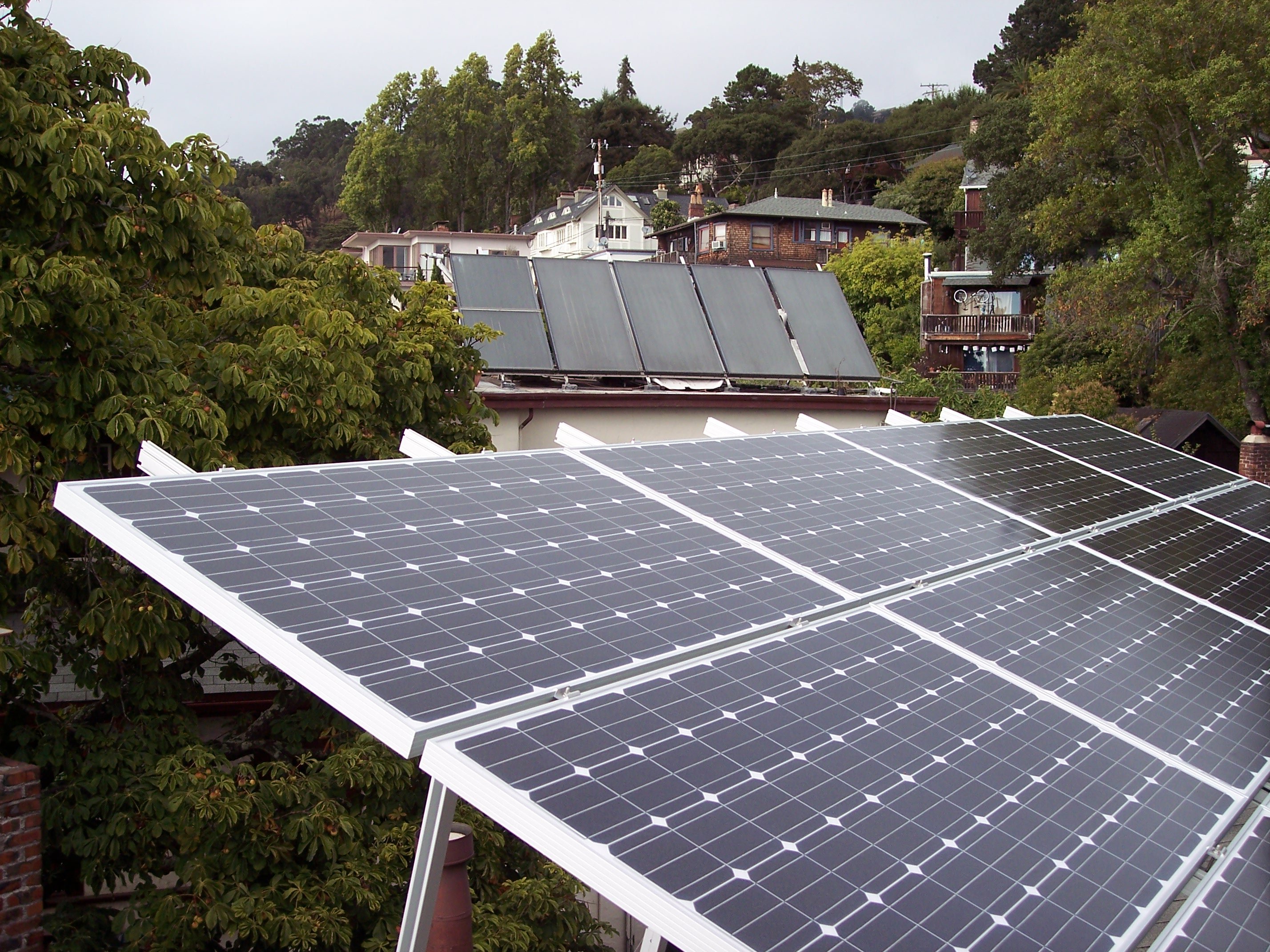
Unlocking the Potential: Home Solar Cell Efficiency
In the pursuit of sustainable and cost-effective energy solutions, understanding and maximizing home solar cell efficiency is crucial. This article delves into the key factors influencing efficiency, technological advancements, and practical tips for homeowners to optimize their solar power generation at home.
Factors Influencing Home Solar Cell Efficiency
Home solar cell efficiency is impacted by various factors, starting with the type of solar panels installed. Monocrystalline, polycrystalline, and thin-film solar panels have different efficiency levels, with monocrystalline panels typically being more efficient. Additionally, factors such as temperature, shading, and the orientation and tilt of the solar panels play a significant role in determining overall efficiency.
Technological Advancements in Solar Cell Technology
Ongoing advancements in solar cell technology contribute to improving home solar cell efficiency. Innovations in materials, design, and manufacturing processes enhance the conversion of sunlight into electricity. High-efficiency solar cells, such as PERC (Passivated Emitter Rear Cell) and bifacial cells, are becoming more prevalent in the market, offering homeowners increased power output from their solar installations.
The Role of Maximum Power Point Tracking (MPPT) Systems
Maximum Power Point Tracking (MPPT) systems are crucial for optimizing home solar cell efficiency. These electronic systems adjust the operating point of the solar panels to ensure they operate at their maximum power output. MPPT systems are especially beneficial in dynamic conditions, such as changing sunlight intensity and angles, allowing for consistent and efficient energy production.
Importance of Regular Maintenance and Cleaning
Maintaining the cleanliness of solar panels is often overlooked but is integral to maximizing home solar cell efficiency. Dust, dirt, bird droppings, and other debris can accumulate on the surface of the panels, reducing their ability to capture sunlight. Regular cleaning and maintenance ensure that the panels operate at peak efficiency, maximizing the energy yield over the system’s lifespan.
Optimal Placement and Tilt for Solar Panels
The placement and tilt of solar panels significantly impact their exposure to sunlight and, consequently, their efficiency. Properly orienting solar panels to face the sun and adjusting the tilt based on the geographical location can enhance energy production. Homeowners should consider factors such as roof angle, seasonal variations, and potential shading when determining the optimal placement and tilt for their solar panels.
The Impact of Energy Storage Systems
Integrating energy storage systems, such as solar batteries, can enhance home solar cell efficiency. These systems store excess energy generated during periods of high sunlight and make it available for use during low sunlight or nighttime hours. By reducing reliance on the grid and optimizing energy consumption, energy storage contributes to overall system efficiency.
Smart Home Technologies for Energy Optimization
Smart home technologies play a growing role in optimizing energy usage and home solar cell efficiency. Smart inverters, energy management systems, and home automation allow homeowners to monitor and control their energy consumption. By integrating these technologies, homeowners can align energy usage with solar generation patterns, maximizing self-consumption and reducing reliance on external sources.
Financial Incentives and Upgrading Options
Financial incentives and upgrading options also play a role in maximizing home solar cell efficiency. Incentives such as tax credits or feed-in tariffs can offset the initial costs of installing high-efficiency solar panels or upgrading existing systems. Exploring available incentives and considering upgrades aligns with a long-term strategy for maximizing the overall efficiency and returns on a home solar investment.
The Role of Homeowner Education and Awareness
Education and awareness among homeowners are fundamental to maximizing home solar cell efficiency. Understanding the technology, its capabilities, and the factors influencing efficiency empowers individuals to make informed decisions. Homeowners should stay informed about technological advancements, industry best practices, and local regulations to continuously optimize their solar power systems.
Conclusion: A Brighter, More Efficient Future
In conclusion, unlocking the full potential of home solar cell efficiency requires a holistic approach. From selecting high-efficiency solar panels to optimizing their placement, leveraging technological advancements, and incorporating smart home solutions, homeowners have the tools to maximize their solar power generation. To delve deeper into the world of home solar cell efficiency and explore practical tips, visit Home Solar Cell Efficiency.


